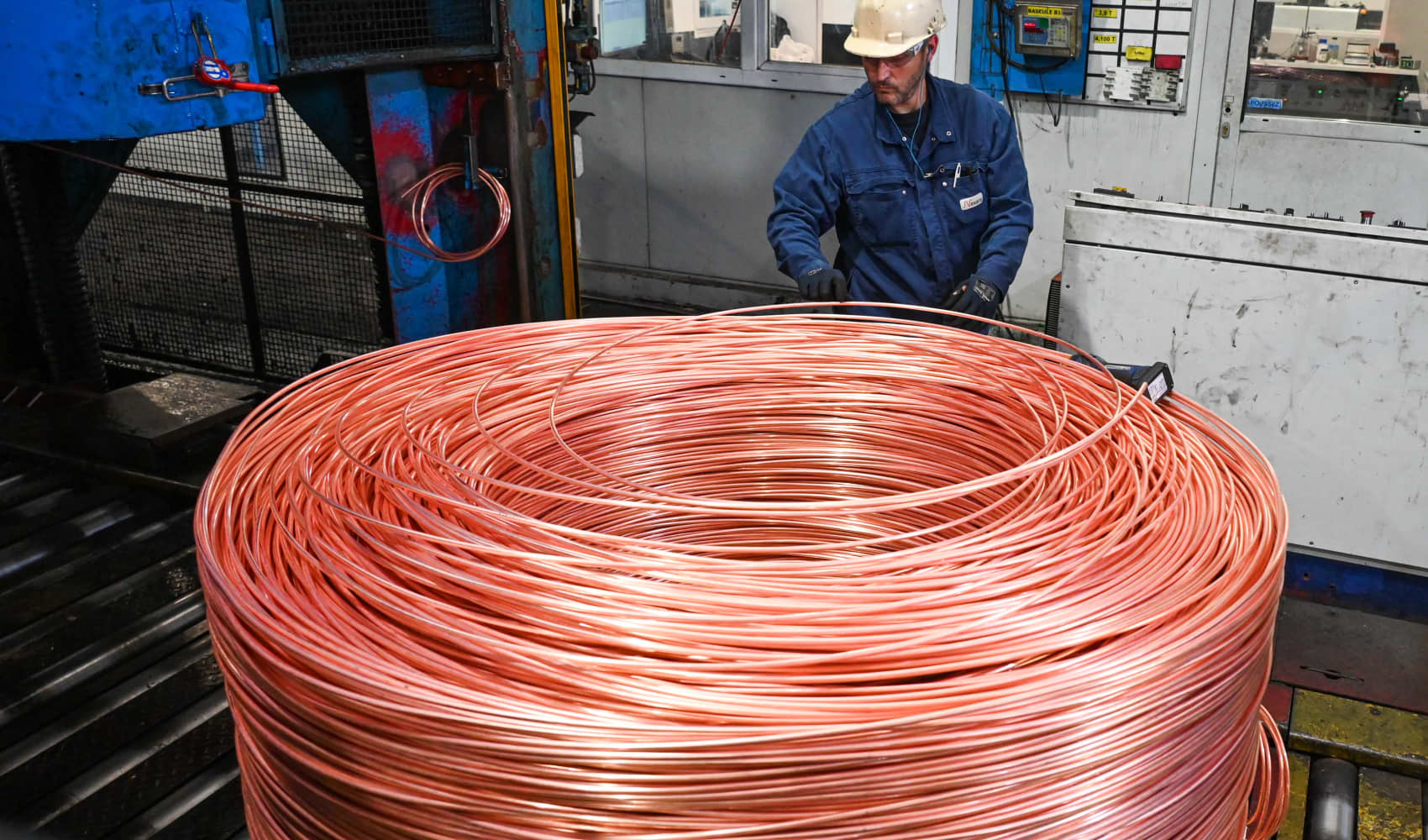
- Steep declines in PacWest and Western Alliance shares Tuesday amid a lack of new news had banking experts trying to figure out what was happening.
- "We're in this situation that feels a lot like March, where we're trading stocks on fear and sentiment and not fundamentals," said Christopher McGratty, head of U.S. bank research at KBW.
- Which doesn't make the danger to mid-sized banks any less real. Pressure on bank stocks could cause customers to again yank deposits from their institutions.
After an intense few days in which the fate of ailing lender First Republic was finally determined, veteran banking analyst Christopher McGratty was looking forward to some calm.
So early Tuesday, more than 24 hours after U.S. regulators seized First Republic and picked JPMorgan Chase to take over most of its assets, McGratty headed to see a client in Manhattan. Minutes after the start of regular trading, however, the regional bank stocks he covers for KBW began plunging.
"I was like, 'Hey, it's a good day to catch up, it seems like an orderly kind of day,'" McGratty said in a phone interview. "I get back to my desk, and I had 40 emails and 10 voicemails, and my screen was completely red."
Get Boston local news, weather forecasts, lifestyle and entertainment stories to your inbox. Sign up for NBC Boston’s newsletters.
The sharp selloff in regional banks sparked by the March failure of Silicon Valley Bank resumed Tuesday, catching Wall Street analysts and investors off guard. The orderly resolution of First Republic by the nation's biggest lender was supposed to quell concerns about the state of the American banking system, not reignite them.
The steep declines — PacWest shares tumbled 28% to a record low Tuesday, while Western Alliance lost 15% — amid a lack of new news had banking experts casting about for why this was happening.
Fears about uninsured deposits, worries about commercial real estate and coming regulation were all named possible triggers.
Others pointed to pressure from short sellers. That's what Peter Orszag, CEO of financial advisory at Lazard who represented First Republic in its rescue efforts, told CNBC's Sara Eisen on Tuesday.
"People are searching for answers, and no one has a good one," said McGratty, the head of U.S. bank research at KBW who has covered the industry for nearly 20 years.
Money Report
March madness
PacWest and Western Alliance had recently disclosed first-quarter results and updated figures through mid-April that initially calmed investor concerns about deposit outflows. But the current moment is more about human emotions than the way banks are evaluated in normal times, he said.
"The market is looking for the next potential domino" to fall after the seizures of SVB, Signature and First Republic, McGratty said.
"We're in this situation that feels a lot like March, where we're trading stocks on fear and sentiment and not fundamentals," he added.
Which doesn't make the danger to mid-sized banks any less real. Pressure on bank stocks could cause customers to again yank deposits from their institutions, according to analysts including McGratty and Evercore ISI's John Pancari.
"While we are confident in liquidity and capital levels at the banks post 1Q, we cannot ignore the risk that market pressures on bank stock valuations could feed a self-fulfilling prophecy," Pancari said Tuesday in a research note.
On Wednesday, shares of PacWest and Western Alliance continued their slide. After the close of regular trading, a report that PacWest was weighing strategic options sparked another deep selloff, and PacWest shares were 40% lower in premarket trading Thursday.
More fragile
The events of March showed that banks can fail faster than anyone expected.
Digital banking tools and fears stoked by social media turbocharged the deposit flight at banks including SVB, where customers attempted to withdraw more than $140 billion in deposits over two days.
That's why McGratty, who says he still has scars from the 2008 financial crisis, says the current turmoil is more frightening than that period 15 years ago in at least one important way.
Bad loans that were the root cause of previous crises can take months to bring a bank down, he said.
But a customer-led run on deposits "can kill you in 36 hours, like what happened at SVB," he said. "It just shows you how fragile everything is."






